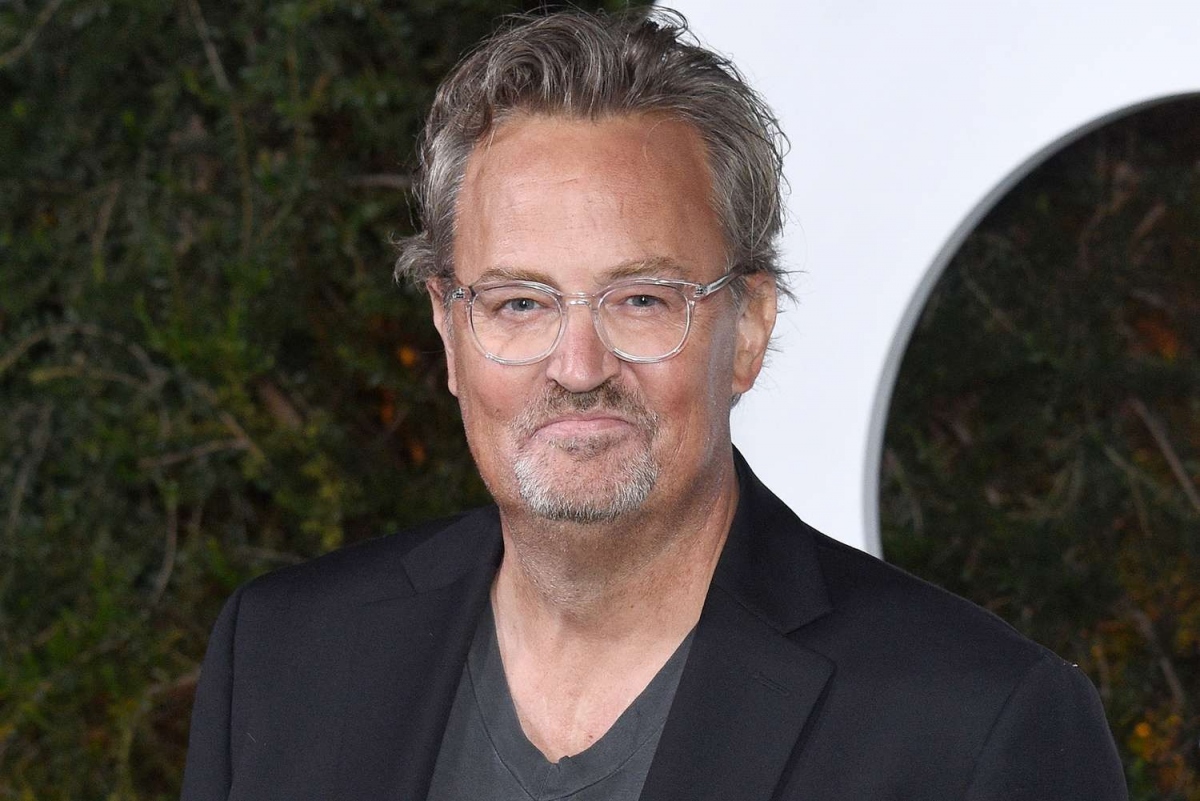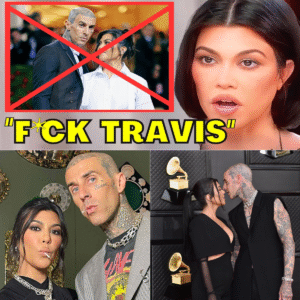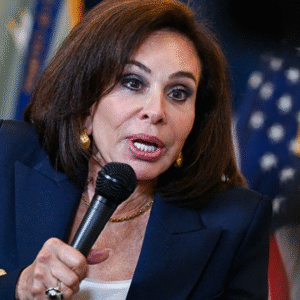The Fall of the Ketamine Queen: How Matthew Perry’s Death Exposed a Deadly Network
By Elena Vasquez, Crime Correspondent
LOS ANGELES — On October 28, 2023, Matthew Perry, beloved for his role as Chandler Bing on Friends, was found face-down in his hot tub, dead at 54. The tragedy wasn’t a random overdose but the culmination of a calculated, predatory network that exploited his addiction for profit. At its center was Jasveen Sangha, dubbed the “Ketamine Queen,” whose guilty plea for supplying the fatal dose has unraveled a chilling tale of greed, betrayal, and systemic failure. Perry’s death, far from an isolated accident, exposed a dark underbelly of celebrity exploitation, where wealth and desperation became a lethal combination.

Perry’s struggle with addiction was no secret. His 2022 memoir, Friends, Lovers, and the Big Terrible Thing, laid bare a 30-year battle with prescription drugs, surviving 14 surgeries, a five-month coma, and countless rehab stints. His first drink at 14 rewired his brain, setting a pattern of fear, chemical relief, and escalating dependency. By 18, he was drinking daily; by his 20s, Vicodin—prescribed after a jet ski accident—felt like “warm honey in his veins.” At his peak, Perry consumed 55 Vicodin pills a day, breaking into homes to steal from medicine cabinets. His wealth and fame, while a shield from public scrutiny, isolated him, forcing him into a shadowy world where predators like Sangha thrived.
Perry’s legitimate ketamine therapy for depression offered hope but came with strict medical oversight. When doctors refused to increase his doses beyond safe limits, his addiction demanded more. Enter Dr. Salvador Plasencia, Dr. Mark Chavez, Eric Fleming, and Sangha—a network that saw Perry not as a patient but as a revenue stream. Court documents reveal a chilling exchange where Plasencia texted a colleague, “I wonder how much this [expletive] will pay,” followed by, “Let’s find out.” This wasn’t medicine; it was predatory capitalism cloaked in medical credentials.
Sangha, operating from her North Hollywood stash house, was no small-time dealer. Her operation, stocked with 79 vials of ketamine, three pounds of methamphetamine, and psychedelic mushrooms, targeted high-net-worth clients like Perry. She marketed herself as a discreet supplier for celebrities, charging astronomical prices—$6,000 for 25 vials, compared to street ketamine’s $20-$30 per dose. Her social media flaunted a lavish lifestyle: designer clothes, beachfront properties, and luxury trips to Mexico and Tokyo, all funded by addiction’s profits. Sangha’s business model was ruthlessly efficient: identify wealthy, addicted clients, supply high-grade drugs, and maintain a veneer of legitimacy.
Her operation wasn’t reckless—it was calculated. After selling ketamine to Cody McClory in 2019, who died of an overdose, Sangha received a text from his family: “The ketamine you sold my brother is listed as his cause of death.” Instead of stopping, she googled, “Can ketamine be listed as a cause of death?” Her search wasn’t about safety but liability, revealing a cold indifference to human lives. By 2023, when Perry became her client, Sangha had honed her craft, using encrypted apps and code words like “Dr. Pepper” and “cans” to manage deliveries while minimizing legal risks.

Perry’s assistant, Kenneth Iwamasa, was complicit, evolving from aide to enabler. Hired to manage Perry’s daily life, Iwamasa became his drug administrator, injecting ketamine despite lacking medical training. On October 28, he gave Perry three doses: at 8:30 a.m., 12:45 p.m., and just before 2 p.m., when Perry entered his hot tub. The final injection, combined with the hot tub’s ability to amplify ketamine’s effects, proved fatal. The medical examiner found ketamine levels in Perry’s blood akin to general anesthesia—lethal without immediate supervision. Iwamasa, aware of Perry’s escalating use, failed to intervene, trapped by a dynamic where refusal risked his job.
The doctors were equally culpable. Plasencia and Chavez, sworn to do no harm, bypassed medical protocols, supplying Perry with 51 vials in his final month—enough for hundreds of doses. On October 12, a large injection caused a dangerous blood pressure spike, a clear warning ignored by Plasencia, who continued coordinating deliveries days before Perry’s death. Chavez diverted medical-grade ketamine through fraudulent prescriptions, treating Perry’s addiction as a business opportunity. Their texts reveal a callous disregard, referring to Perry with derogatory terms and prioritizing profit over his life.
Perry’s social media posts in his final days were cries for help hidden in plain sight. On October 23, he shared a haunting image of himself in the hot tub, captioned, “Oh, so warm water swirling around makes you feel good? I’m Mattman.” That day, he posted a video of three grapes, noting, “This is what I’ve had to eat today. I’m Mattman.” These cryptic messages, alongside references to a “Mattman” script, signaled a man unraveling—starving, sleepless, and isolated in the very hot tub where he would die.

Sangha’s guilty plea, facing up to 65 years, and the charges against Iwamasa, Plasencia, Chavez, and Fleming expose a system that failed Perry at every turn. Each had a chance to stop: Sangha, knowing her drugs killed before; the doctors, ignoring medical ethics; Iwamasa, administering lethal doses. Perry’s death wasn’t an accident but the inevitable result of a network that prioritized profit over humanity. His memoir preached recovery through community and professional help, yet he died betrayed by those he trusted. As Sangha’s empire crumbles, Perry’s story stands as a stark warning: addiction is not just a personal battle but a systemic failure, where the vulnerable are preyed upon by those who should protect them.





